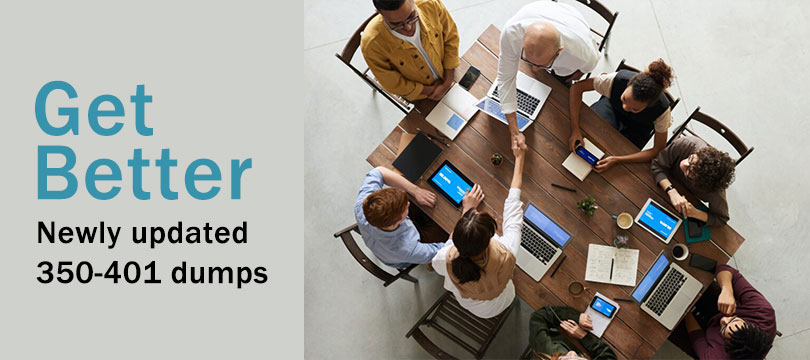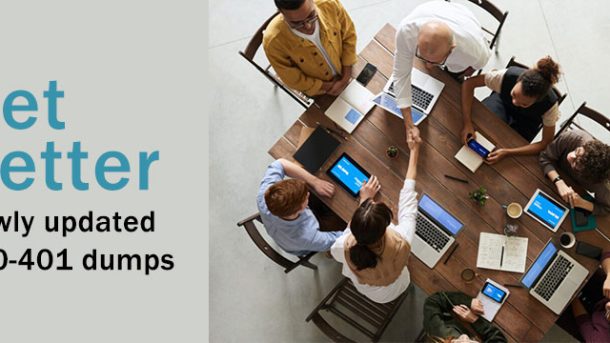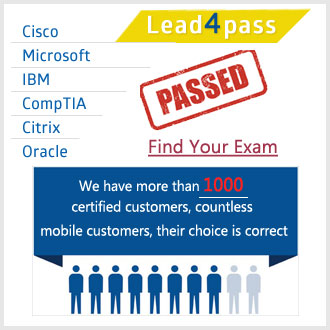
Why choose CCNP Enterprise 350-401 dumps?
350-401 dumps help you successfully pass the Implementing and Operating Cisco Enterprise Network Core Technologies (ENCOR) certification exam to configure, troubleshoot, and manage the networks of the world’s largest companies.
Of course, candidates still need to go through the second step, choose any one of the CCNP Enterprise centralized examinations, this is the 1+1 rule of Cisco CCNP Enterprise certification, and candidates must know.
» Read more about: Newly updated 350-401 dumps can help candidates get better »
Continue reading...
